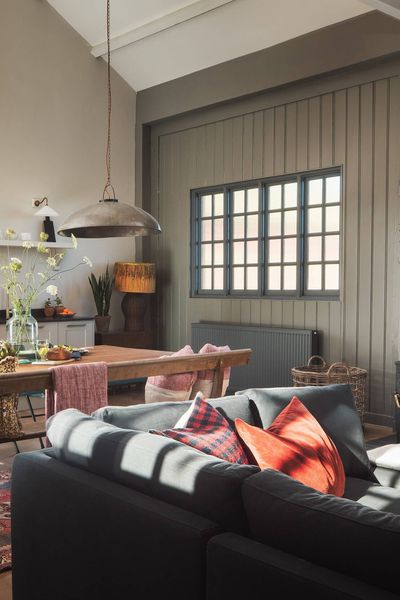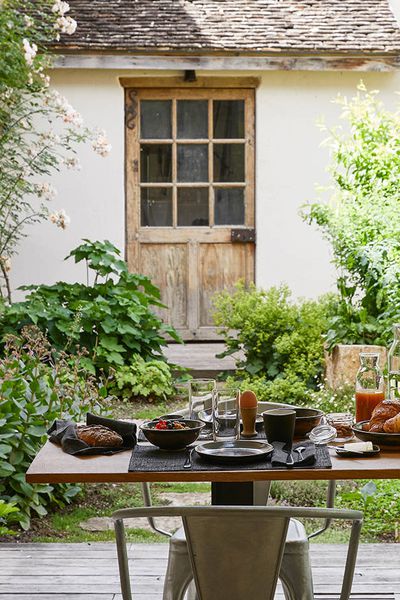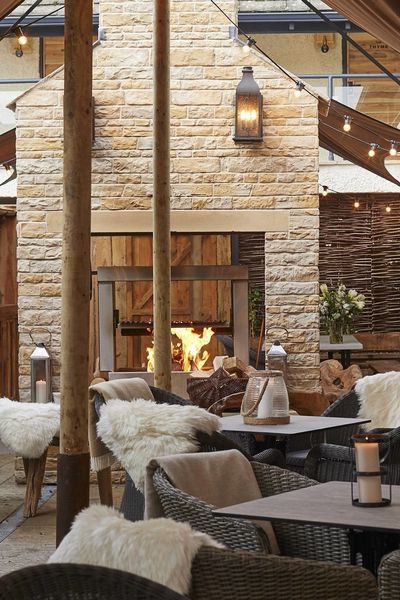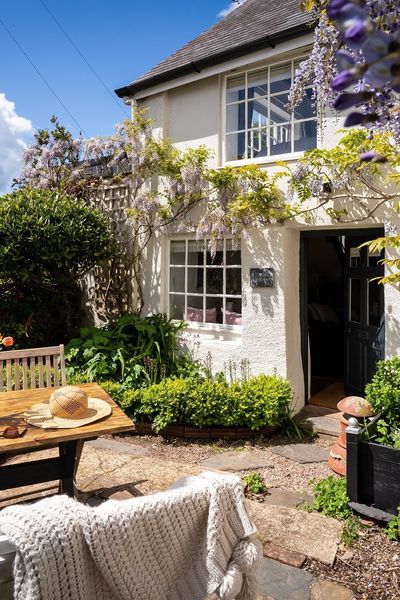What’s it really like being a holiday accommodation owner right now?
Our Customer Advisory Group is a selection of our owners with whom we meet regularly to discuss their feelings on the wider industry and better understand the challenges they face. At our most recent meeting, we talked rising costs, a shift in booking patterns and changing legislation.
The energy crisis
Feedback from Sawday’s owners and operators was mixed. Many are lucky enough to rely on green energy sources already or have manged to fix their energy prices, so are cushioned a little from the price rises. Some have seen rate hikes of more than 500% on their monthly energy bills, with one owner in Somerset reporting a spike from £175 p/m to over £900 p/m.
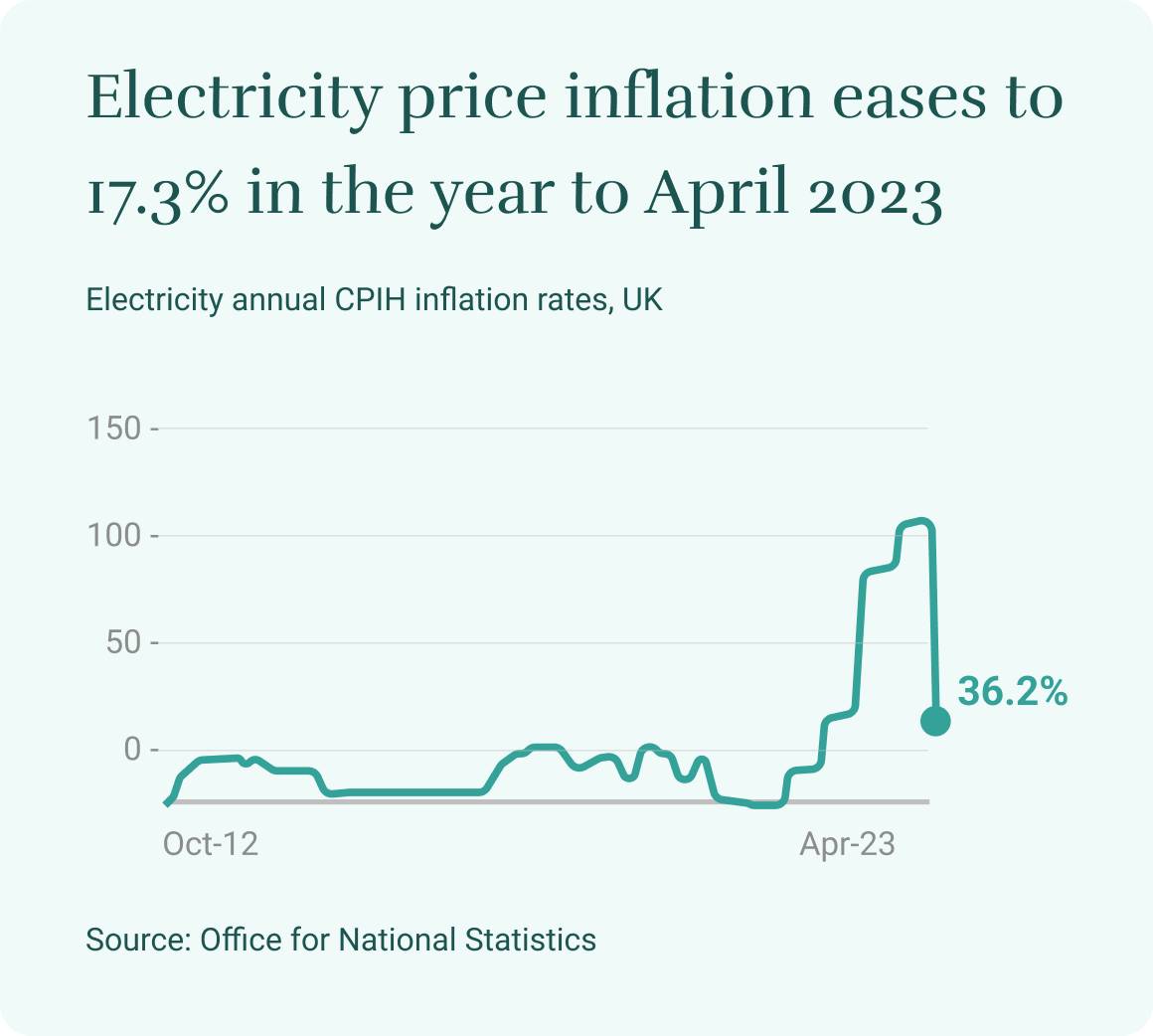

General costs
Even though some have dodged the worst of the energy crisis, costs are rising across the board and forcing some difficult decisions. Staffing, cleaning, food, laundry, mortgage rates and more are part of a complex financial balancing act which in turn has affected pricing. Many owners have opted to raise prices in 2023 to cover their costs, although it seems that the move has not significantly harmed their booking levels.
Changing patterns
Many owners feel that the cost-of-living crisis is influencing the number of short breaks being taken by guests, particularly those with families or not yet retired, who are opting for fewer short breaks across the year and condensing their travel into longer, more cost-effective stays. Some are also reporting that midweek stays are proving as popular as weekends, at least off-peak, as they are being filled by retired guests who have more time and disposable income.
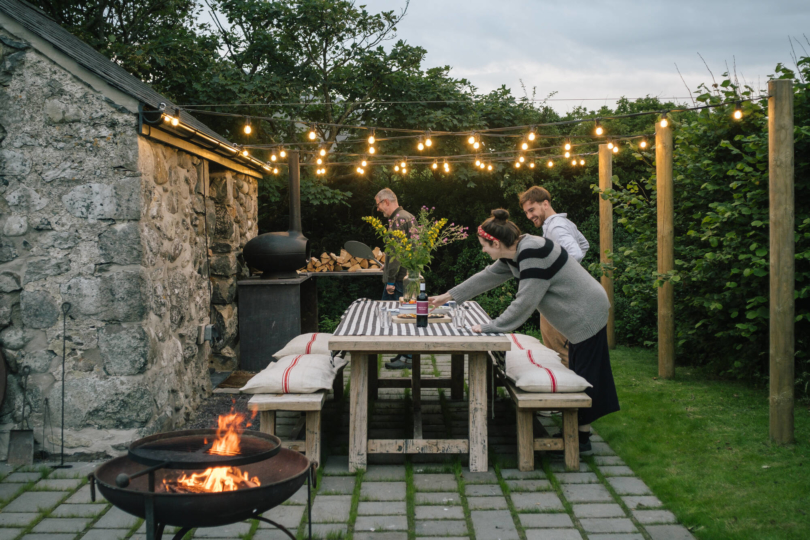
Changing legislation
Owners in England, Scotland and Wales are all facing a new challenge and a little uncertainty from government legislation that has either been recently passed or is working its way through parliament now. Each of these is many layered and complex and we urge anyone who thinks they might be affected to follow the links to the various government sites and read all they can bear.
Wales now requires self-catering owners to register their property with the government, which involves declaring standards of fire safety and other provisions. In a bid to limit second home ownership, they are also pushing for a minimum quota of days for which rental properties must be let, with tax penalties for those who fall short.
Scotland is also making registration of self-catering properties mandatory, although there has been a delay to the bill that means it should come into effect some time in October 2023, for existing owners. Licenses will last for three years and owners will be required to display their registration number wherever they list their place.
England has announced plans to introduce a registration scheme and increased health and safety measures for short-term lets, following their concerns about inconsistencies. They have identified there is a lack of data, including on the quantity and location of short-term lets. The consultation also seeks to address that all providers of short-term lets will be obligated to provide safe, quality places to stay. Full details can be found here – Consultation on a registration scheme for short-term lets in England – GOV.UK (www.gov.uk)
There is a second consultation taking place which proposes to make changes to ‘use classes’ and development rights to address the availability and affordability of homes for local people and any impacts on the sustainability of communities. The government says, planning permission would be required where there is a material change of use to a short-term let. It is not yet clear what impacts there may be for owners and for the tourism industry. Full details can be found here – Introduction of a use class for short term lets and associated permitted development rights – GOV.UK (www.gov.uk)
Positivity on the future
Overall, owners seem confident in the future of the market, despite the challenges they face. Rising demand is countering some of the cost issues and gentle price increases are being accepted by guests. There are also new opportunities for owners, such as the booming dog–friendly travel market, sustainability and accessibility, or even echoing the feel of the popular French gite, all of which we explore elsewhere.

